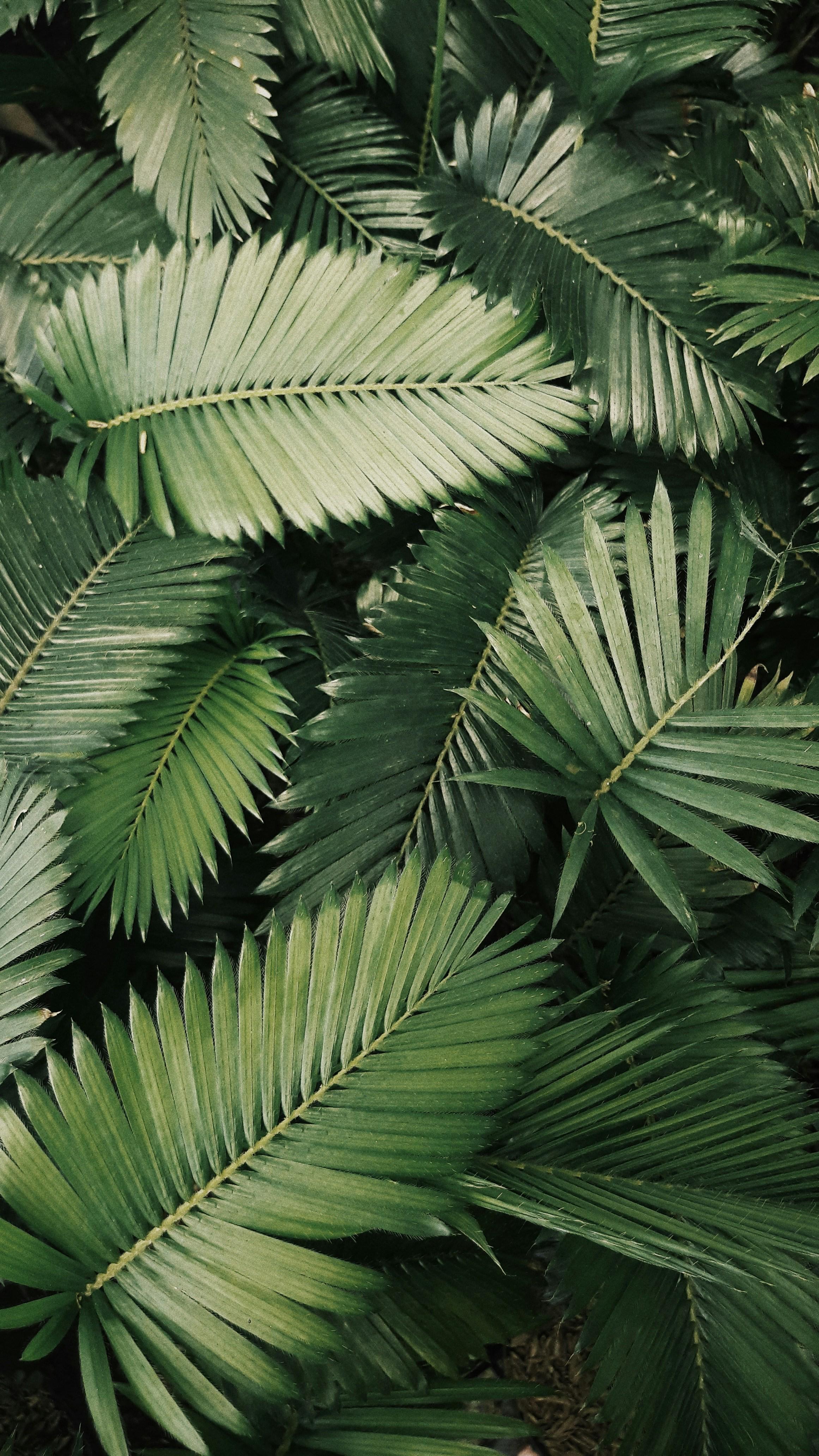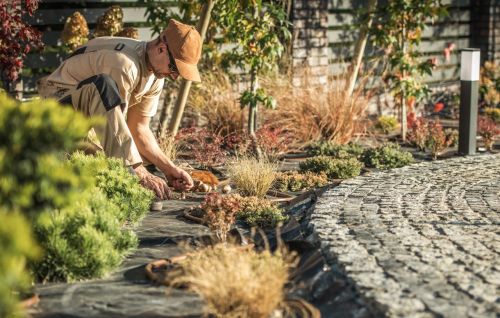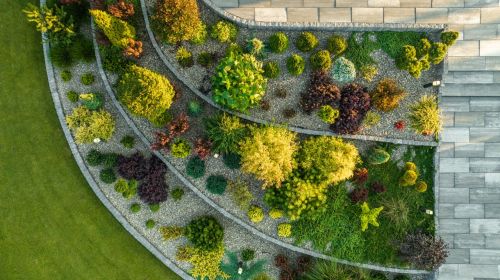With its majestic form, aromatic wood, and durable structure, the cedar tree is one of the most admired coniferous trees in both nature and garden design. Thanks to its deep roots in history and long lifespan, cedar trees are not only symbolic but also practical for landscaping and architectural applications.

Cedar (Cedrus) is a genus of coniferous trees in the Pinaceae family, known for their needle-like leaves, strong trunks, and fragrant wood. Historically, cedars have been used for shipbuilding, temple construction, and furniture making due to their decay-resistant wood.
Today, they are highly valued in landscape architecture, including landscape design and public parks.
Cedar trees naturally thrive in:
The Mediterranean climate zone
Middle East and North Africa
Southern Turkey, particularly in the Taurus Mountains
High altitudes with well-drained soils
The Lebanon cedar (Cedrus libani), which grows naturally in Turkey, is one of the oldest and most symbolic tree species in the region.
Grows up to 20–40 meters in height
Has needle-like evergreen leaves
Features aromatic and resin-rich wood
Resistant to cold climates and pests
Long-lived and slow-growing
Symbol of strength and resilience in many cultures
Native to Turkey and the Middle East; culturally significant and widely used in landscaping.
Elegant drooping branches; favored for ornamental use in large gardens.
Native to North Africa; known for its silvery-blue needles.
Rare and compact; ideal for smaller landscapes and conservation efforts.
Each type offers unique aesthetic and ecological benefits depending on your climate and space.
Extracted from cedarwood, the essential oil is known for its:
Aromatherapy benefits (calming, grounding)
Use in natural insect repellents
Hair and skin care applications
Role in natural home fragrance products
Cedar trees are a perfect fit for:
Large garden areas as focal points
Public parks or walkways
Drought-tolerant landscaping
Vertical gardens and eco-architectural projects
Planting tips:
Choose sunny to partially shaded areas
Prefer well-drained soil
Young trees need regular watering, then become drought-tolerant
Allow plenty of space due to their eventual size
Cedar trees are more than just beautiful evergreens — they are symbols of endurance, elegance, and natural harmony. With their wide canopies, aromatic presence, and environmental benefits, they are an excellent investment for your landscape.
For more planting inspiration and eco-friendly landscape tips, follow the Cem Botanik Blog!





